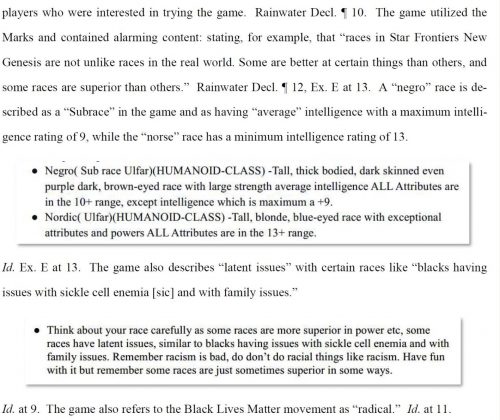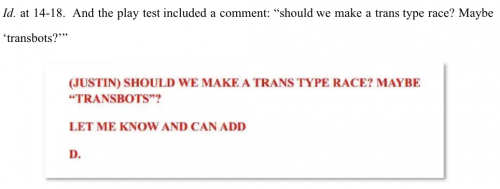 Being a terrible human being hasn’t been an obstacle to making good, or even just interesting, music. Kanye West is just a Jerry Lee Lewis for the 21st century. But making popular music shouldn’t be a defense against repudiation. Kanye West is finding that out.
Being a terrible human being hasn’t been an obstacle to making good, or even just interesting, music. Kanye West is just a Jerry Lee Lewis for the 21st century. But making popular music shouldn’t be a defense against repudiation. Kanye West is finding that out.
The rapper Ye, formerly Kanye West, sent an Instagram post Friday suggesting fellow musician Sean “Diddy” Combs was controlled by Jewish people — a common antisemitic trope. Within hours, Instagram had removed the post and locked his account.
That sent Ye to Twitter, where he was publicly welcomed back by Elon Musk, who may soon take ownership of the company. Within hours, however, Ye had posted a separate antisemitic tweet that he would go “death con 3 On JEWISH PEOPLE.” Twitter, like Instagram, was quick to block the post and lock his account.
Unforgivable. That is Nazi shit, and it doesn’t matter that it’s coming out of a black man’s mouth. Actually, it may matter a great deal: conservative free-speech warriors are using it as an excuse to lay the groundwork for permitting antisemites and racists to freely promote their rotten ideas. They want to be able to shriek antisemitic jargon on the internet; they want to normalize it so that newspapers can freely post editorials blaming a Jewish cabal for every problem; they want it to get so familiar that they can sneak debates about “the Jewish question” into school rooms. That’s the future we should dread.
But a conservative-led movement to rein in what some see as “censorship” by Silicon Valley giants is poised to alter how they approach such decisions. Between a growing field of state laws that seek to restrict content moderation and Elon Musk’s determination to loosen Twitter’s policies, posts such as Ye’s could soon become more prevalent online.
A law passed by Texas last year, which could become a model for other Republican-led states if upheld by the courts, prohibits large online platforms from censoring users or limiting their posts based on the political views they express. Legal experts told The Washington Post that such laws would make it much riskier for social media companies such as Meta, which owns Instagram, and Twitter to moderate even blatantly antisemitic posts such as Ye’s.
And Musk has said that one of his goals for Twitter, should he complete a $44 billion deal to purchase the company and take it private, is to provide a forum for legal speech of all kinds. “If the citizens want something banned, then pass a law to do so, otherwise it should be allowed,” he tweeted in May.
I guess death con 3 On JEWISH PEOPLE
is a kind of political statement, but it’s also something much more. It’s hate speech. It’s a threat of violence against people for the crime of being born to a certain set of parents. It’s a promise of cultural annihilation, the eradication of a people’s traditions and ideas. What’s also disturbing is that conservatives seem perfectly willing to equate those kinds of eliminationist views with their own political philosophy.
Offensive posts are nothing new on social media, of course. But the largest platforms, including Meta, Twitter, Google’s YouTube and ByteDance’s TikTok, have become much more active in recent years in developing and enforcing rules that restrict posts deemed threatening or hateful toward other users or groups of people. Those efforts have at times drawn backlash from prominent conservatives, from former president Donald Trump to Texas Gov. Greg Abbott to Musk, who argue tech companies have gone too far in suppressing conservative voices.
So, telling people that they can’t go around threatening to murder other people is “suppressing conservative voices”? That’s a confession. Apparently, killing people who are different in some way has now become a conservative value.
I’m all in favor of suppressing conservatives then, just as I’m in favor of suppressing the KKK.









